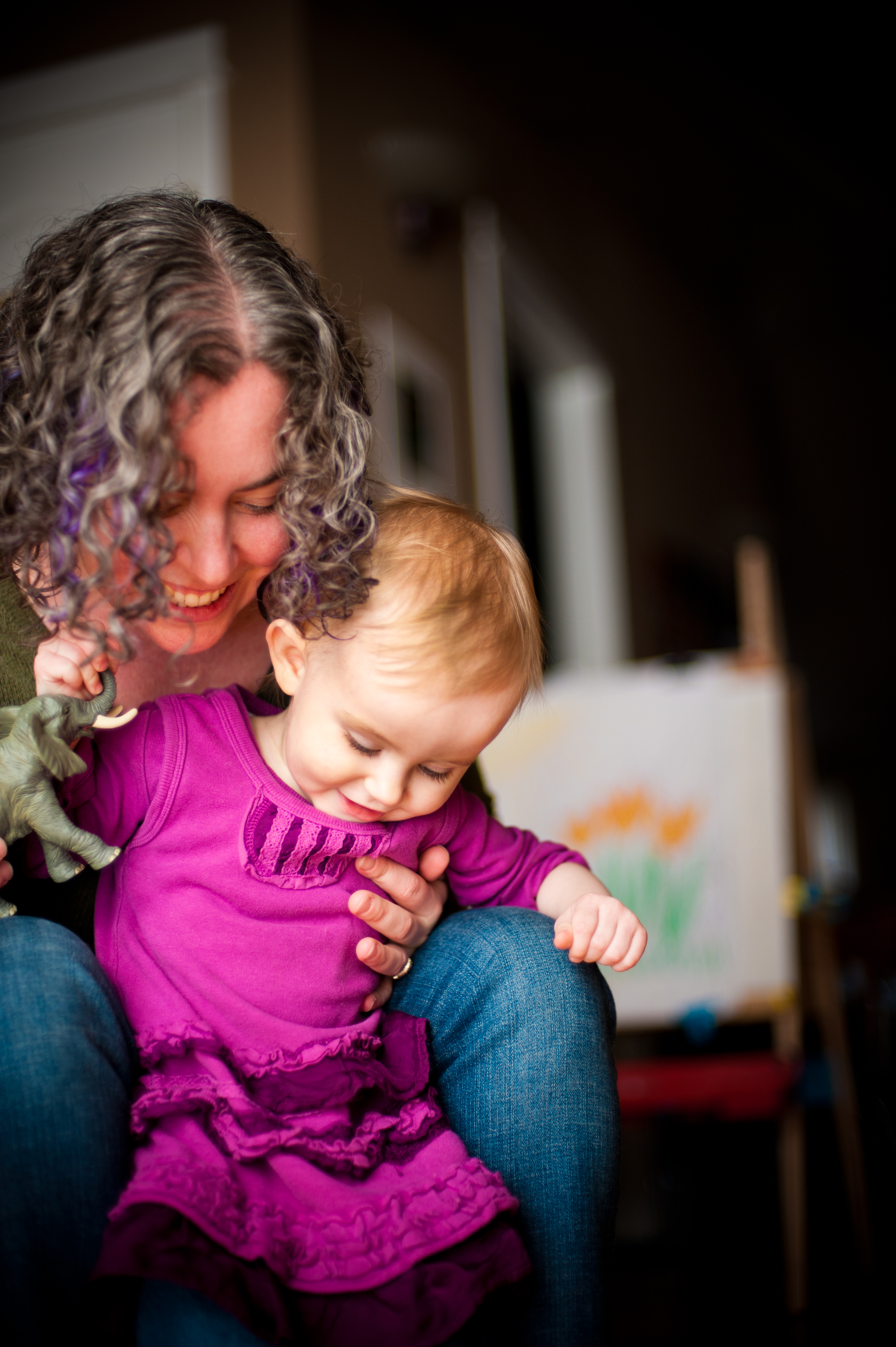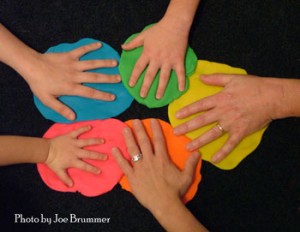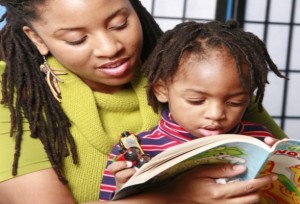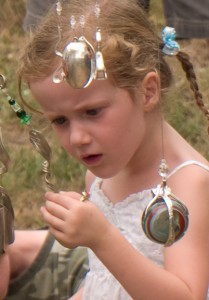Remember what it was like when you got into a squabble with your siblings or friends and at the end there was the inevitable, “Say you’re sorry” and you half-heartedly responded, “I’m sorry” and then the two of you were supposed to “make up” and play together again as if nothing had happened?
I don’t know about you, but I felt angry and frustrated when this happened to me as a child. And I never really meant it, even when I said it. And the other kid knew that I didn’t mean it. They didn’t mean it either. And it took a while before we were able to actually let it go and be true friends again.



 What’s it like to be a 2-4 year old? (an excerpt from my soon to be released ebook!)
What’s it like to be a 2-4 year old? (an excerpt from my soon to be released ebook!) Reading to your kids is a crucially important part of your job as a parent. And sometimes story time can begin to fall through the cracks of our busy lives. So this week, I’m writing about the many reasons story time is such an important part of parenting. I’m hoping to re-inspire you to commit to a daily story time for your kids whether they’re one-year-old, six, or twelve.
Reading to your kids is a crucially important part of your job as a parent. And sometimes story time can begin to fall through the cracks of our busy lives. So this week, I’m writing about the many reasons story time is such an important part of parenting. I’m hoping to re-inspire you to commit to a daily story time for your kids whether they’re one-year-old, six, or twelve. First of all, I’d like to introduce my newest audio program:
First of all, I’d like to introduce my newest audio program: